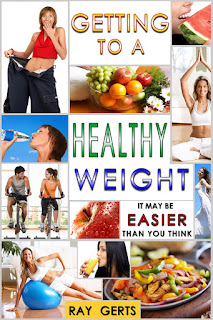Do You Keep A Food Log?

If you really want to lose weight you have to keep a food log. This is probably the number one reason people don’t succeed in losing weight. And even after you lose, you want to continue to keep the log just to maintain your weight. It’s not that writing down all your calories makes you lose weight, but it’s the way to find the mistakes and correct them before they turn into a big problem. If your really serious about losing your body fat you don't want to start over. The idea is to just do this one time and don't look back. Don't ever return to your old self. Because we can put APPS for anything we want on our smartphones, keeping a food log is easier than ever. I use MyFitnessPal or you could try UnderArmour. In fact there are dozens of APPS to help with weight loss and most are free. If you don’t have a smartphone you can download food logs on several different websites. But if you still are not into technology but are trying to lose weight, you can keep a log


